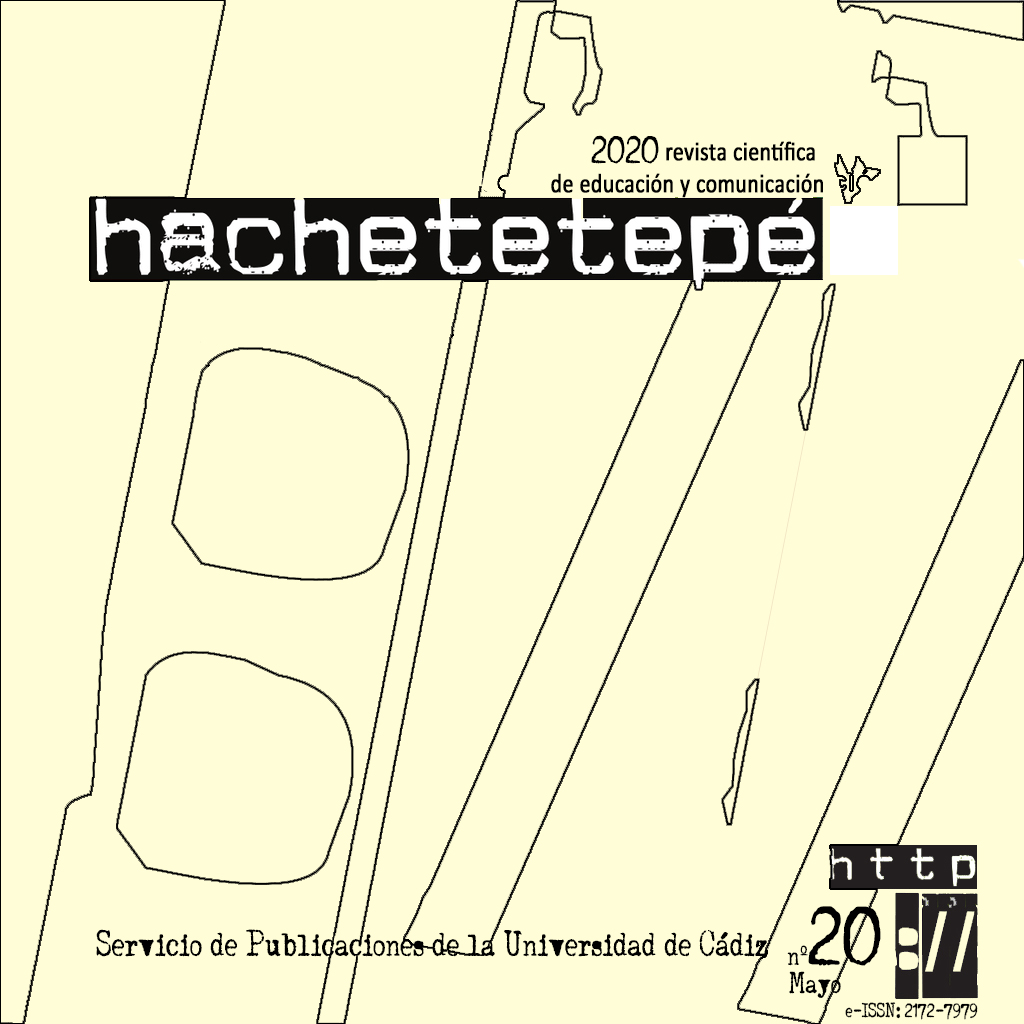Teachers' memories and narratives: pedagogical letters about afro-brazilian and african culture in the school curriculum
Abstract
The objective of this article was to verify, through the narratives written in pedagogical letters from teachers and students, which representations about Afro-Brazilian and African Culture are in the educational practices and in the school curricula. The research was carried out with four teachers and four students from the 4th Year of the Initial Years of Elementary Education from four different schools, located in the city of Campo Mourão-PR. This qualitative research used methodological instruments as teaching letters. As a result, it is observed that the narratives that circulates in the school routine need to be discussed. Findings of this research, through the analysis of the letters, appears the work with Afro-Brazilian Culture is approached in a fragmented way. Therefore, there is a need to foster studies on the importance of black representation, which should be made visible to teachers, students and the entire school team, in order to allow children access other representations and cultures
Keywords
Downloads
How to Cite
License

This work is licensed under a Creative Commons Attribution-NonCommercial-NoDerivatives 4.0 International License.
Those authors who have published with this journal, accept the following terms:
- They will retain their copyright and guarantee the journal the right to first publication of their work, which will simultaneously be subject to the Creative Commons Attribution License . They may be copied, used, disseminated, transmitted and publicly displayed, provided that the authorship, url, and magazine are cited, and are not used for commercial purposes. No derivative works are allowed.
- They may adopt other non-exclusive license agreements for the distribution of the published version of the work (e.g., deposit it in an institutional telematic archive or publish it in a monographic volume) provided that the initial publication in this journal is indicated.
- Disseminate your work through the Internet (e.g., in institutional telematic archives or on your website) once the manuscript is accepted, which may lead to interesting exchanges and increased citations of the published work. (See The effect of open access).
Hachetetepé. Scientific journal of education and communication does not charge a fee for the submission of manuscripts or for the publication of its articles.







